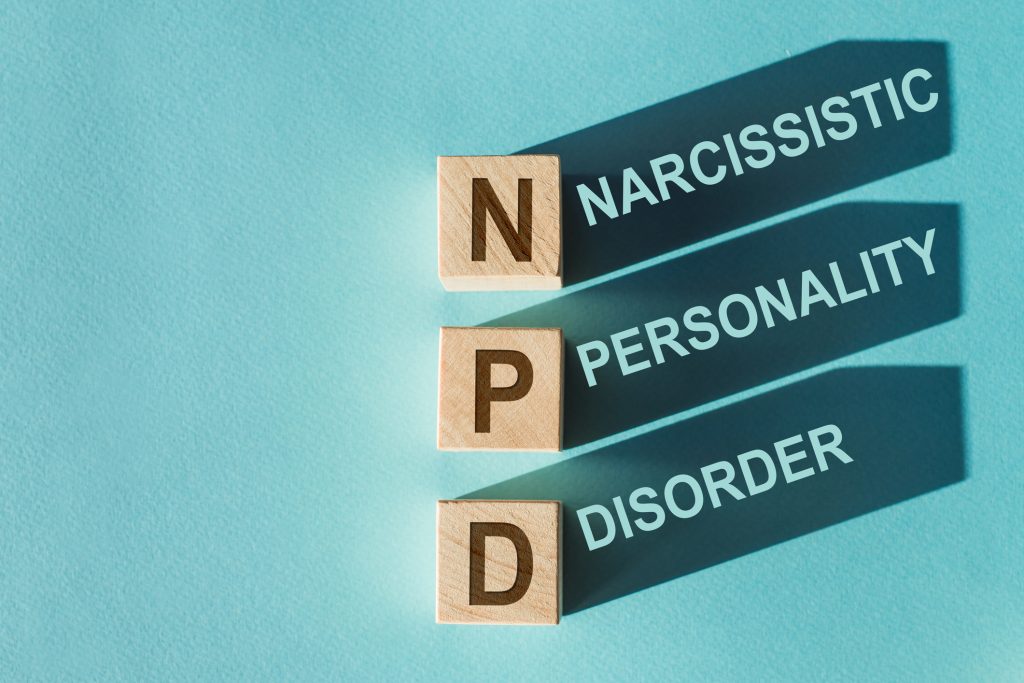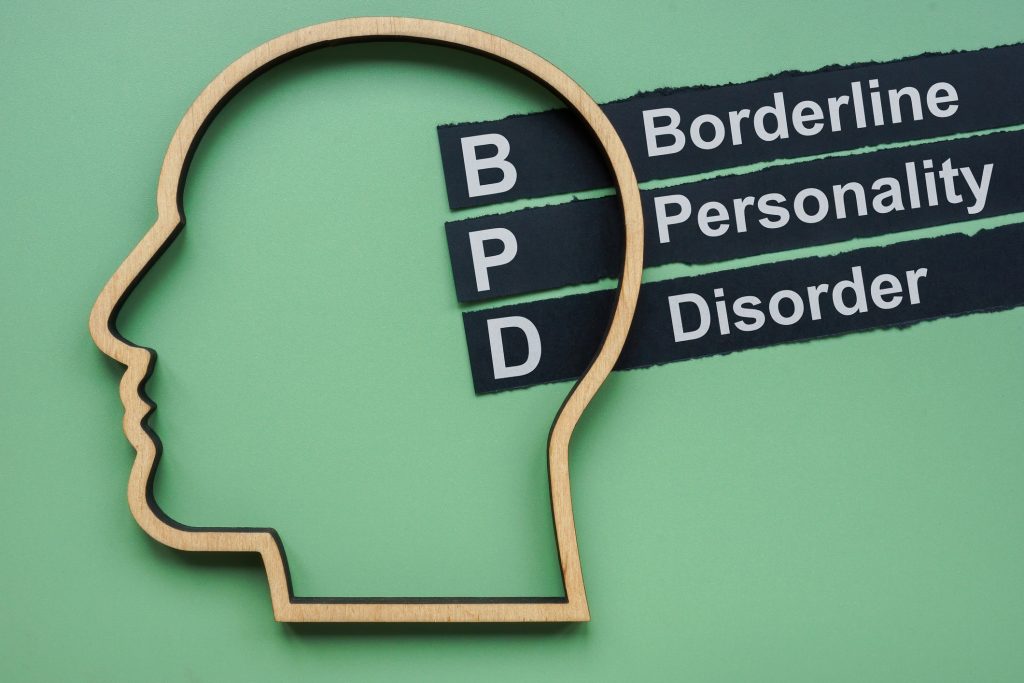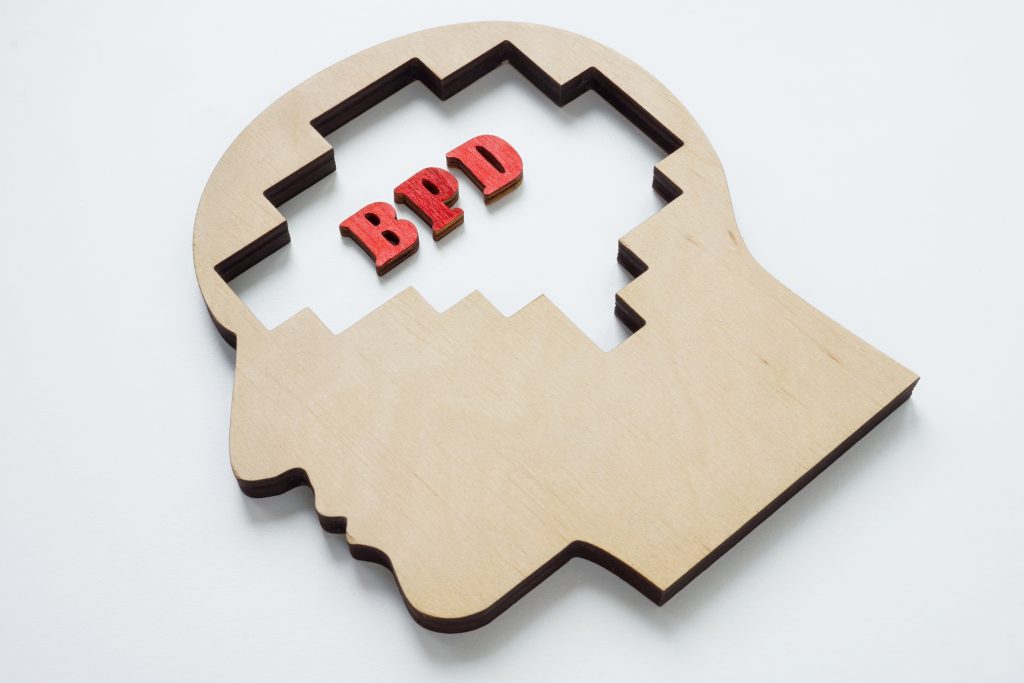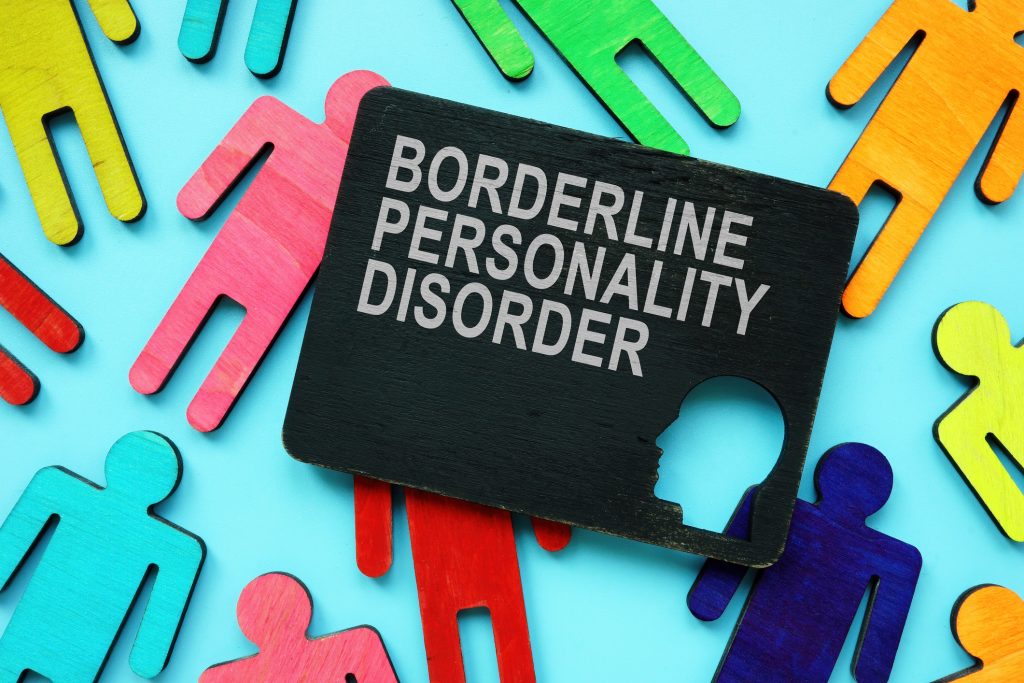
When Love Smothers: The Invisible Wounds of Enmeshment with a BPD Parent
by Alina K.
Enmeshment with a parent—especially one with borderline tendencies—rarely feels traumatic at first. It often feels like closeness, like love. Like the kind of bond that’s “special” or “unbreakable.” But beneath that closeness is a quiet, suffocating erasure. The child becomes the parent’s emotional mirror, expected to reflect only what keeps the parent stable: obedience, cheerfulness, and silence.
She learns early on that having her own needs can trigger distress, guilt, or even rage. So, she adapts. She reads every mood, anticipates every shift, and becomes hyper-attuned to others—so much so that simply being around people can feel exhausting.
She doesn’t question it—at least, not at first. But there’s always something slightly off. A strange pressure. A subtle fear of disappointment. If someone could observe enmeshment from the outside, it might look like a parent’s form overlapping a child’s—a clear outline for the parent, while the child appears faded around the edges.
Over time, the child learns that keeping the parent happy is her role in the family. She’s praised when she’s agreeable, accommodating, and quiet. She begins to derive her self-worth from how effectively she keeps her parents calm. But the moment the parent acts out—often explosively, as part of the disorder—the child internalizes it as her failure. “I must have done something wrong.” A deep feeling of shame follows—the kind that makes a child want to disappear.
As she grows into a teenager or young adult, the child struggles to form an identity separate from the parent. Any attempt to individuate—through friends, partners, or career choices—may be met with sabotage. The parent criticizes her new relationships, finding fault with anyone who might pull her away. The emotional control may come cloaked as a concern: “I’m just worried about you.” But the incessant phone calls, shame, guilt, fear, and subtle criticisms are all efforts to pull her back in.
Playing this role starts in childhood but continues into adulthood. She may attract partners who mirror the emotional instability of the parent who rages or silences her needs. She becomes people-pleasing and self-sacrificing. She may appear outwardly capable and responsible but feel internally depleted—anxious, self-doubting, unsure of what she wants or needs. Her sense of worth is buried under years of adaptation.
This deep, chronic stress often takes a physical toll: hormonal imbalances, autoimmune conditions, adrenal burnout, and chronic anxiety are not uncommon. As Dr. Bessel van der Kolk famously said, “The body keeps the score,” even though the mind works hard to suppress the pain.
The hardest part is that this adult child won’t realize what’s happening until she’s utterly depleted—emotionally threadbare from meeting everyone else’s needs but her own. The process begins quietly at first, but eventually, she hits a wall of exhaustion so profound that even adapting no longer works. When the body, soul, and nervous system can’t carry the weight anymore, the door to healing can finally open.
And even then, it isn’t easy. Attempts to reclaim boundaries or create distance from the parent may be met with intense resistance. Guilt trips, manipulation, self-harm threats, sudden illness, or emotional collapse are common tactics from the enmeshing parent—often unconscious but still incredibly damaging.
The journey to healing starts with information, clarity, and support. Reclaiming the self after enmeshment means grieving a lost childhood, facing the anger that’s been pushed down for decades, and learning how to manage the relationship with the BPD/NPD parent in self-protective ways. It’s a complex and shaky road—but it’s worth it. A good therapist can offer specific tools for navigating contact with BPD/NPD parents. More importantly, they can help the adult child develop internal safety—something she never had.
It’s not a linear path. There are setbacks. But with patience, persistence, and self-compassion, it is possible to feel whole for the first time.
Realizing that being loved should never require losing your voice is one of an adult child’s most freeing awakenings. And if you’re beginning to whisper “I want more,” even to yourself—you’ve already started.
























